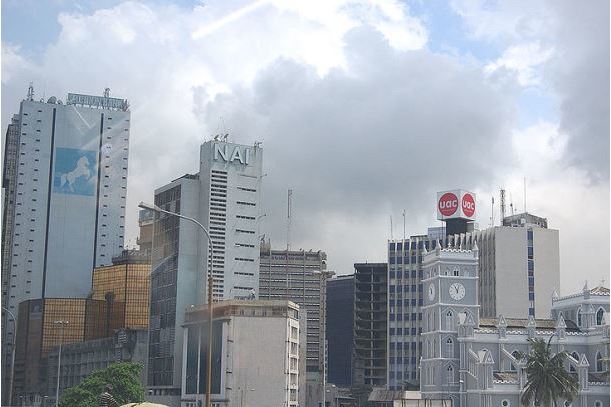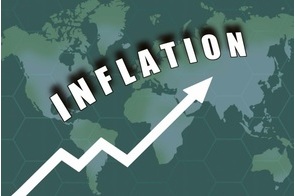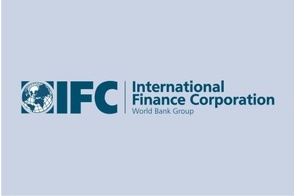Latest News
GDP data confirms Nigeria is in recession

News Highlight
- Nigeria's GDP contracted by 2.06 per cent in Q2 2016.
The Nigerian economy has slipped into a recession following two successive quarters of negative Gross Domestic Product (GDP) growth rates, according to the National Bureau of Statistics (NBS) which released today the much-awaited GDP data for quarter two of 2016.
“In the second quarter of 2016, the nation’s Gross Domestic Product (GDP) declined by -2.06 percent (year-on-year) in real terms,” said the NBS. “This was lower by 1.70 percentage points from the growth rate of 0.36 percent recorded in the preceding quarter, and also lower by 4.41 percentage points from the growth rate of 2.35 percent recorded in the corresponding quarter of 2015.”
Nigeria's GDP contracted by 0.36 per cent in the first quarter of 2016 due to the impact of low oil prices which significantly reduced government revenues, weakened the naira and increased inflationary pressures.
Oil sector real GDP contracted by 17.48 per cent YoY, its worst outcome since the rebasing of Nigeria's GDP in 2014, compared to -1.89 per cent in Q1 2016. Non-oil sector real GDP contracted by 0.38 per cent in Q2 compared to GDP growth of 0.18 per cent in Q1. Agriculture sector GDP grew at 4.53 per cent in Q2, recording better growth than 3.09 per cent in Q1 of this year, while Manufacturing sector GDP improved to -3.36 per cent compared to -7.0 per cent in Q1 2016. The NBS also reported that mining and quarrying sector declined by -17.19 per cent in Q2 compared to a contraction of 2.97 in Q1 2016.
"While the news of Nigeria entering a recession may be painful, this should be no surprise as the incessant declines in oil prices have punished heavily oil export nations with Nigeria being no exception," said Lukman Otunuga, Research Analyst at FXTM.
Otunuga also said Nigeria is undergoing a major structural change. He said the blueprint to diversify and break away from the curse of oil reliance is already in process. The government has approved a conservative three-year budget with plans to reinforce infrastructure, services, manufacturing and agriculture are in place. He noted that although there is a risk of extended periods of low growth, this transition could be something which exceeds all expectations. Naira’s weakness may attract foreign investors in the future which could ultimately uplift overall GDP.
The NBS said quarter-on-quarter, real GDP increased by 0.82 per cent. Nigeria's nominal GDP in the second quarter was N23,483,954.78 million (in nominal terms) , up 2.73 per cent compared with the Q2 2015 value of N22,859,153.01 million at basic prices.
Related News
Latest Blogs
- CBN is fighting inflation instead of stagflation
- Why electricity privatization failed (2)
- How net metering can boost embedded power generation
- Adaora Umeoji and gender in Nigerian banking leadership
- Is protest an endangered human right of Nigerians?
Most Popular News
- IFC, partners back Indorama in Nigeria with $1.25 billion for fertiliser export
- Ali Pate to deliver keynote speech at NDFF 2024 Conference
- Univercells signs MoU with FG on biopharmaceutical development in Nigeria
- CBN increases capital requirements of banks, gives 24 months for compliance
- CBN settles backlog of foreign exchange obligations
- Nasdaq Dubai welcomes $600m sukuk listing by Islamic Development Bank






